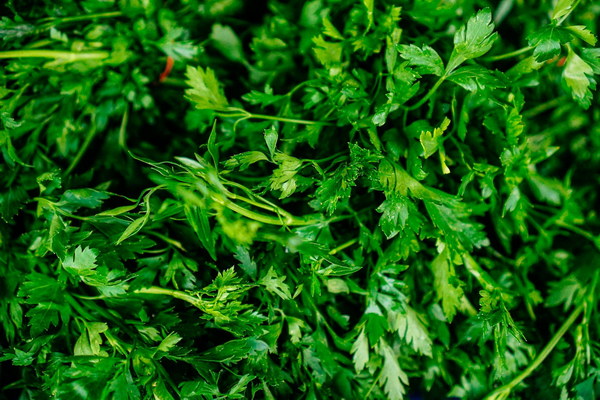Gastritis Management How to Nourish Your Stomach and Alleviate Discomfort
Gastritis is a common condition that affects many individuals, causing discomfort and pain in the stomach. This inflammation of the stomach lining can be caused by various factors, including infection, long-term use of certain medications, and excessive alcohol consumption. If you or someone you know is suffering from gastritis, it's important to take steps to nourish your stomach and alleviate discomfort. Here are some tips on how to do just that.
1. Follow a Healthy Diet
A balanced diet is essential for managing gastritis. Focus on foods that are easy to digest and don't irritate your stomach lining. Some key points to consider include:
- Avoid spicy, acidic, and fried foods, which can exacerbate inflammation.
- Choose lean proteins, such as chicken, turkey, and fish, over red meat.
- Opt for whole grains and fiber-rich foods, such as whole-wheat bread, brown rice, and oatmeal, to help keep your digestive system regular.
- Incorporate plenty of fruits and vegetables into your diet, but avoid those that are high in acid, like oranges, tomatoes, and pineapples.
2. Eat Smaller, More Frequent Meals
Eating smaller, more frequent meals can help reduce the stress on your stomach. This can also prevent overeating, which can exacerbate gastritis symptoms. Aim to eat five to six small meals throughout the day.
3. Stay Hydrated
Drinking plenty of fluids is important for overall health, but it's especially crucial for individuals with gastritis. Water helps keep your digestive system moving smoothly and can help dilute stomach acid. Aim to drink at least eight glasses of water per day.
4. Avoid Trigger Foods
Certain foods can trigger gastritis symptoms in some individuals. Common triggers include:
- Alcohol and caffeine
- Carbonated beverages
- Acidic foods, such as tomatoes, citrus fruits, and vinegar
- Spicy and heavily seasoned foods
- Fatty and greasy foods
- Chewing gum and hard candy
Identify your trigger foods and try to eliminate or limit them in your diet.
5. Manage Stress
Stress can exacerbate gastritis symptoms, so it's important to find healthy ways to manage stress. Some effective stress-reduction techniques include:
- Regular exercise, such as walking, jogging, or yoga
- Mindfulness and meditation practices
- Aromatherapy or essential oils
- Relaxation techniques, such as deep breathing or progressive muscle relaxation
6. Medication
In some cases, medication may be necessary to manage gastritis symptoms. Antacids, acid reducers, and proton pump inhibitors (PPIs) can help reduce stomach acid and alleviate discomfort. It's important to consult with your healthcare provider before starting any new medication.

7. Seek Professional Advice
If you're experiencing symptoms of gastritis, it's important to seek professional advice. A healthcare provider can diagnose your condition and recommend the best treatment plan for you.
By following these tips, you can help nourish your stomach and alleviate discomfort caused by gastritis. Remember that everyone's experience with the condition is unique, so it's important to work with your healthcare provider to find the best approach for you. With the right care and attention, you can manage your gastritis and lead a healthy, comfortable life.









